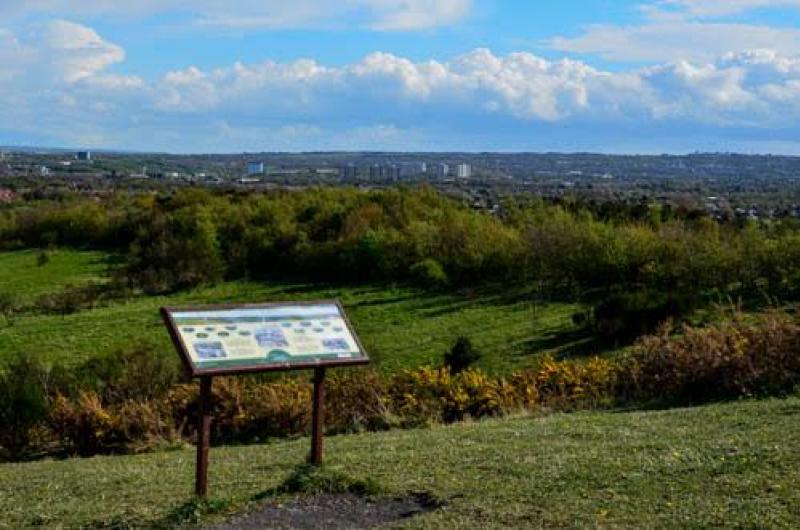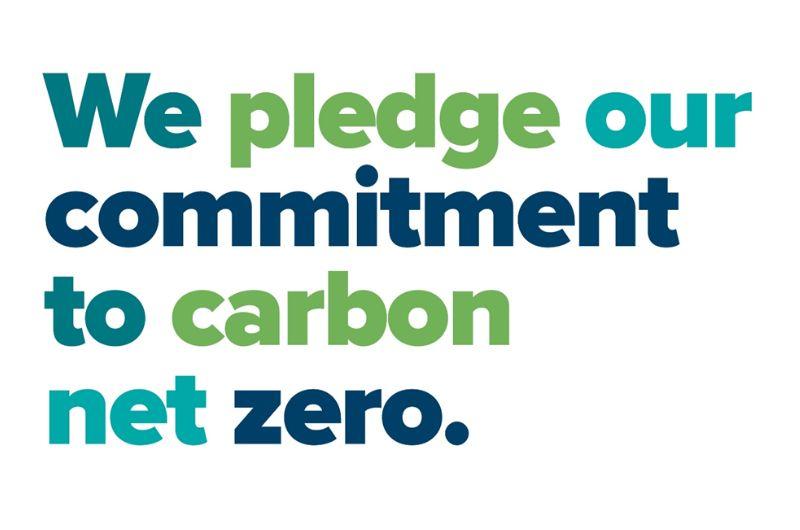What is climate change?

When we talk about climate change, we are referring to global changes in the earth’s average temperature. It’s been increasing more and more rapidly.
It’s an issue for everyone, not just in other parts of the world. Unless we act quickly, for us in the UK, it means more extreme weather and sea levels will continue to rise, threatening coastal communities across the country.
Like many of you, we are concerned about climate change, which is why we declared a climate emergency in 2019 and have since set out our ambitions to work towards being carbon net-zero by 2030 – twenty years ahead of the Government’s target.
We recognise the significant role we can play in the borough in helping to limit climate change, but we can’t do this alone; we need help from all our residents, businesses, and voluntary and community sector. In this web section, you can find simple and easy tips to help make a difference.
Encouragingly, together, we are already making a difference, with carbon savings achieved of 53 per cent for the council and 47 per cent for the borough as a whole in recent years.
Borough's carbon footprint
A carbon footprint is the total amount of greenhouse gases (including carbon dioxide and methane) that are created by our actions.
As an organisation, our carbon footprint is made up of the heat, power and water used in our buildings (including sheltered accommodation), the power used in our street lighting, the fuel and power used in its fleet of vehicles and the business miles that staff travel to do their jobs (not including commuting to work). In 2020/21, our carbon footprint was 14,395 tonnes.
The borough of North Tyneside also has a carbon footprint. This is made up of the power and heat used in businesses and homes, fuel and power used in transport in the borough, and land use. In 2019 (most recent available data) the borough’s carbon footprint was 827,200 tonnes.
It is therefore really important that we work with partners, residents and businesses as the council only directly controls less than 2 per cent of the emissions in the borough.
What is carbon net-zero?

Being carbon net-zero means reducing as much climate-damaging carbon emissions as possible that come from our actions as individuals, organisations, industry, agriculture and business – or off-setting any you do. Working towards a net zero target recognises that there will be some emissions at the target date which cannot be prevented and these need to be offset – through activities like planting trees and creating biodiversity areas.
Our Carbon Net-Zero 2030 Action Plan
Twenty years ahead of the national target date, it was agreed at Full Council in September 2021, as part of the Our North Tyneside council plan, that we will publish an action plan of the steps we will take and the national investment we will seek to work towards North Tyneside being carbon net zero by 2030.
This will help residents, visitors and businesses play their part and get the benefits of reaching the 2030 target.
We recognise that the climate emergency challenge must be tackled at a number of different levels, with the combined effort of government, businesses, stakeholders and individuals. The Council is only directly responsible for two percent of the Borough’s carbon footprint.
In September 2023, Cabinet approved our Carbon Net-Zero 2030 Action Plan and this will be reviewed on an annual basis.
